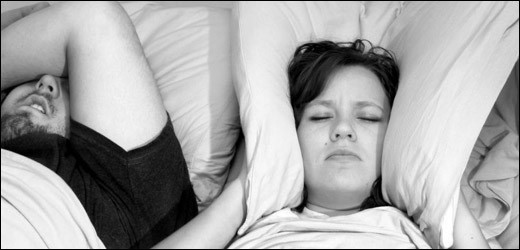
When 22 million people can’t sleep at night, here’s what they do…
Every day, more and more people are turning to pills such as Ambien, Lunesta and Rozerem to try to get to sleep and stay asleep. They risk memory loss, next-day drowsiness, dependence and sleep-walking.
Over sixty million prescriptions for sleeping medications were dispensed in 2009. Almost $19 billion dollars were spent on them. Do they help?
Sleeping pills can make you worse.
Over 172,000 people wound up in the ER last year from dosing issues related to insomnia. The preponderance of evidence shows that all hypnotics result in impaired next day performance, not improved function.
Risks include automobile accidents, falls, memory loss, confusion, dependence, heightened insomnia when not using sleeping pills and even death from overdose.
The use of sedative medications more than doubles the odds for incident insomnia and increases the odds for retaining the symptoms by eighty percent. Simply stated, they stop working.
Are you a statistic?
The National Sleep Foundation states that 31 % of Americans say worries about the economy, job loss and personal finances keep them awake at night. The number of people reporting poor sleep has doubled since 2001.
The National Institute for Health states that $16 billion in annual health care expenses are created by illnesses caused from lack of sleep. An estimated 100,000 car crashes per year occur, caused by drowsiness.
Here’s some “secrets” about lack of sleep you didn’t know…